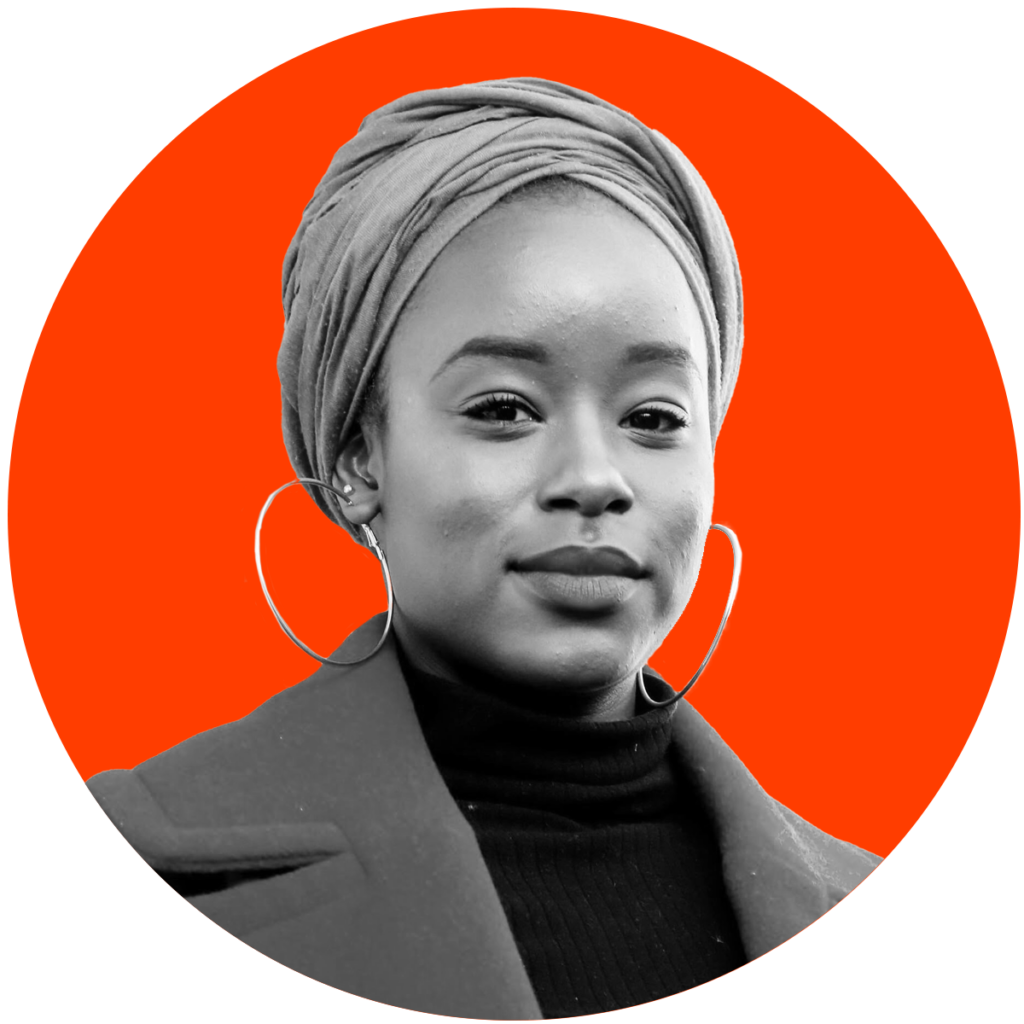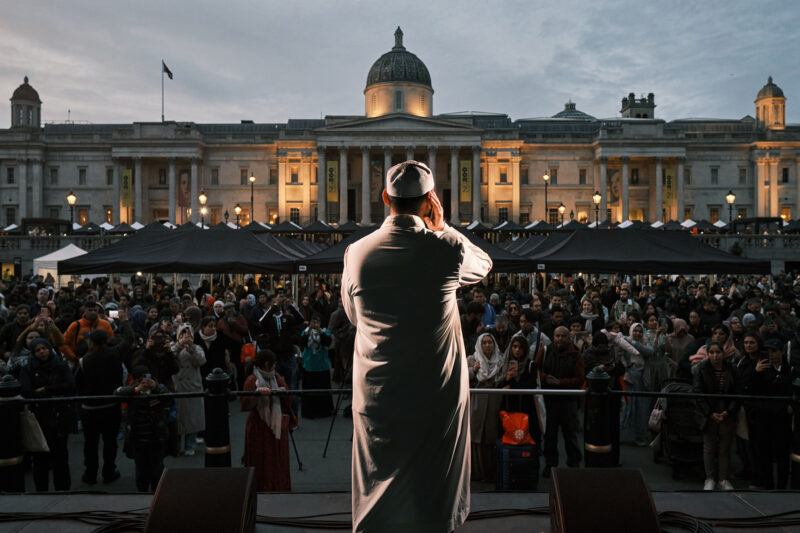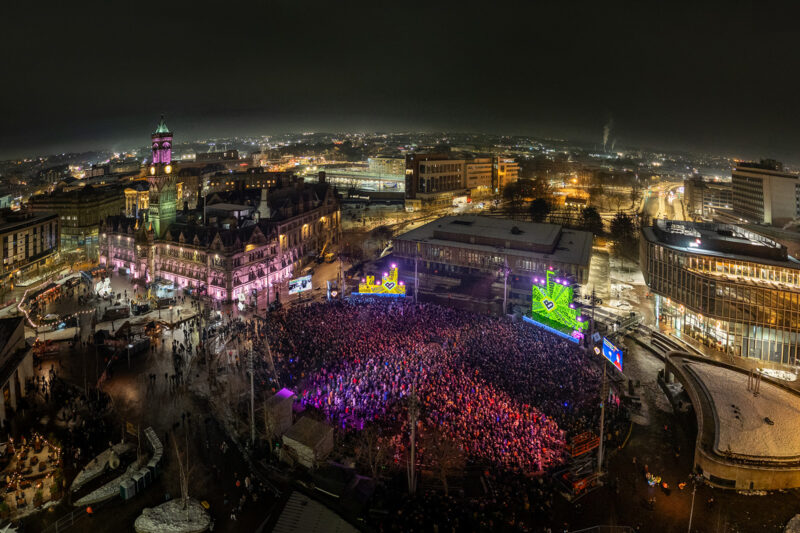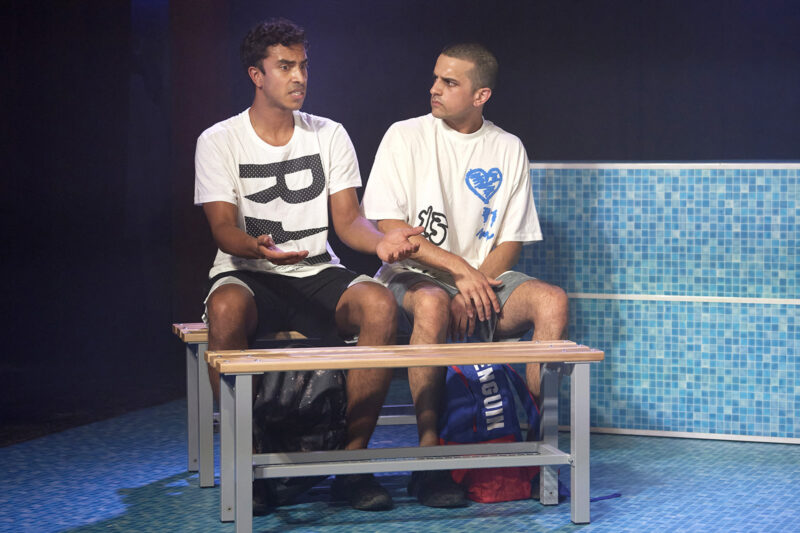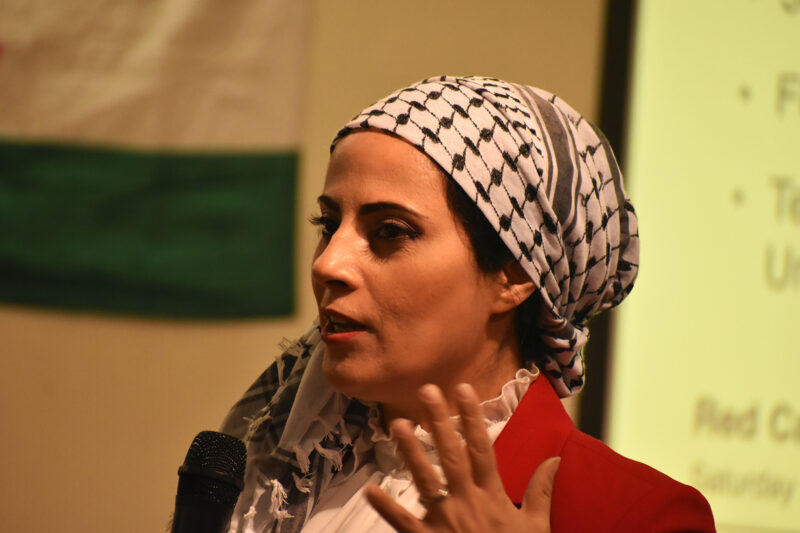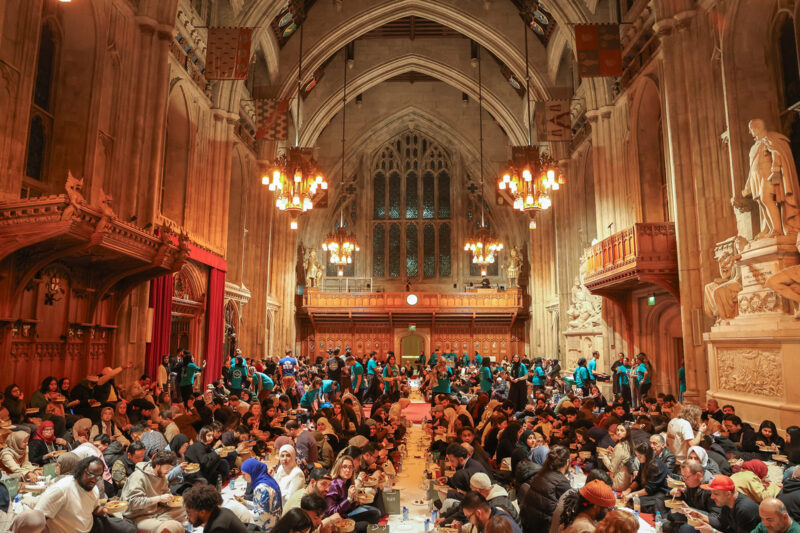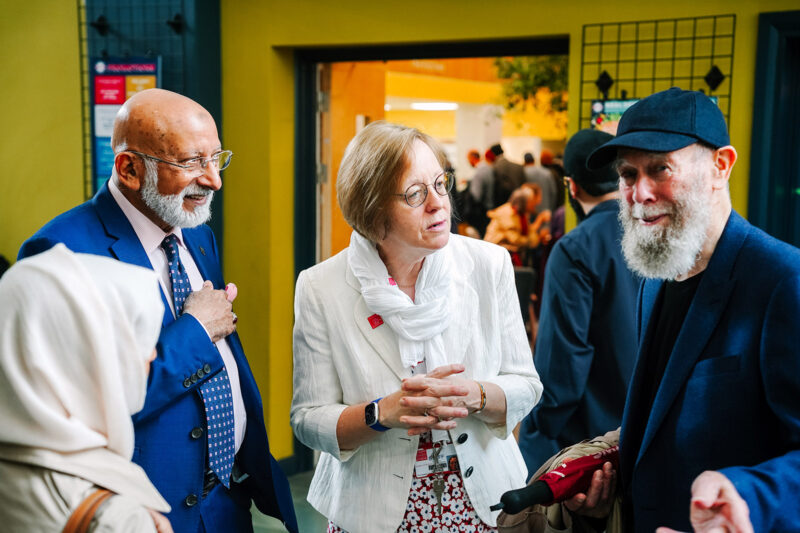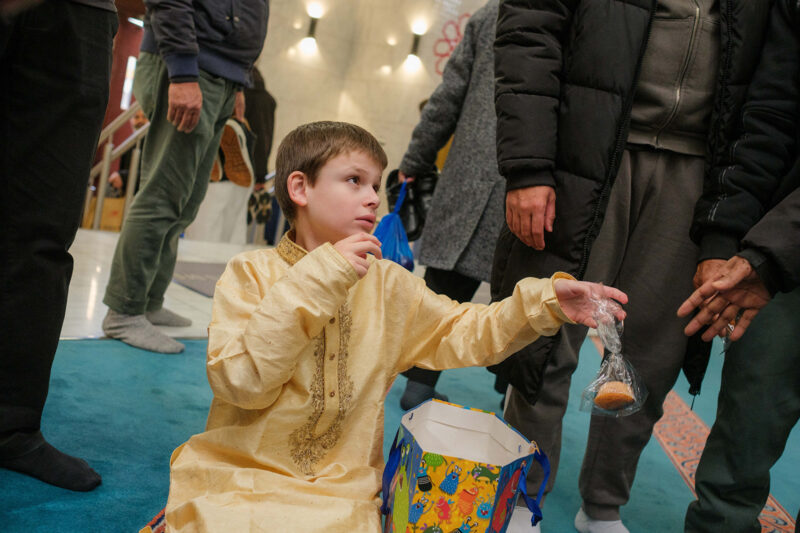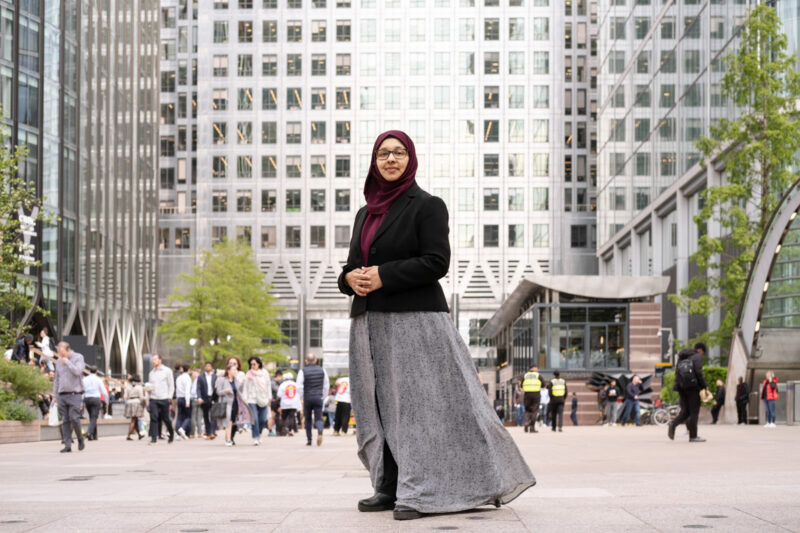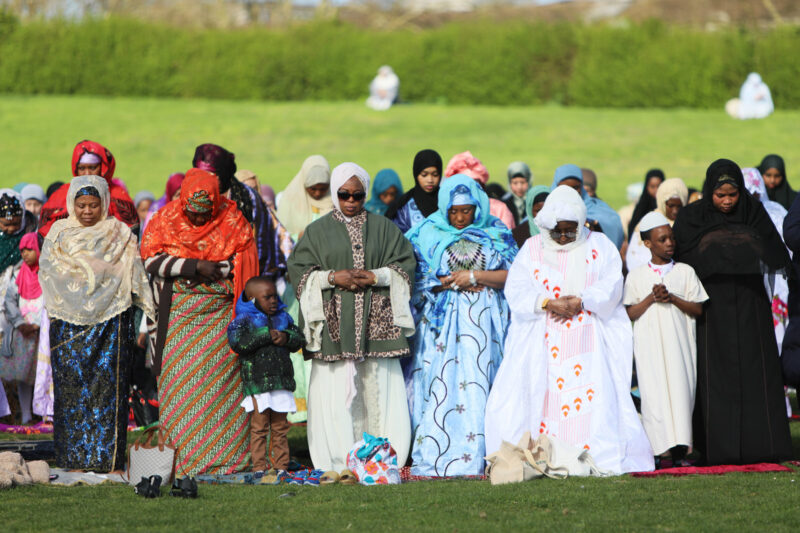Sharing the traditions of Eid al-Adha, from Sudan to Scotland
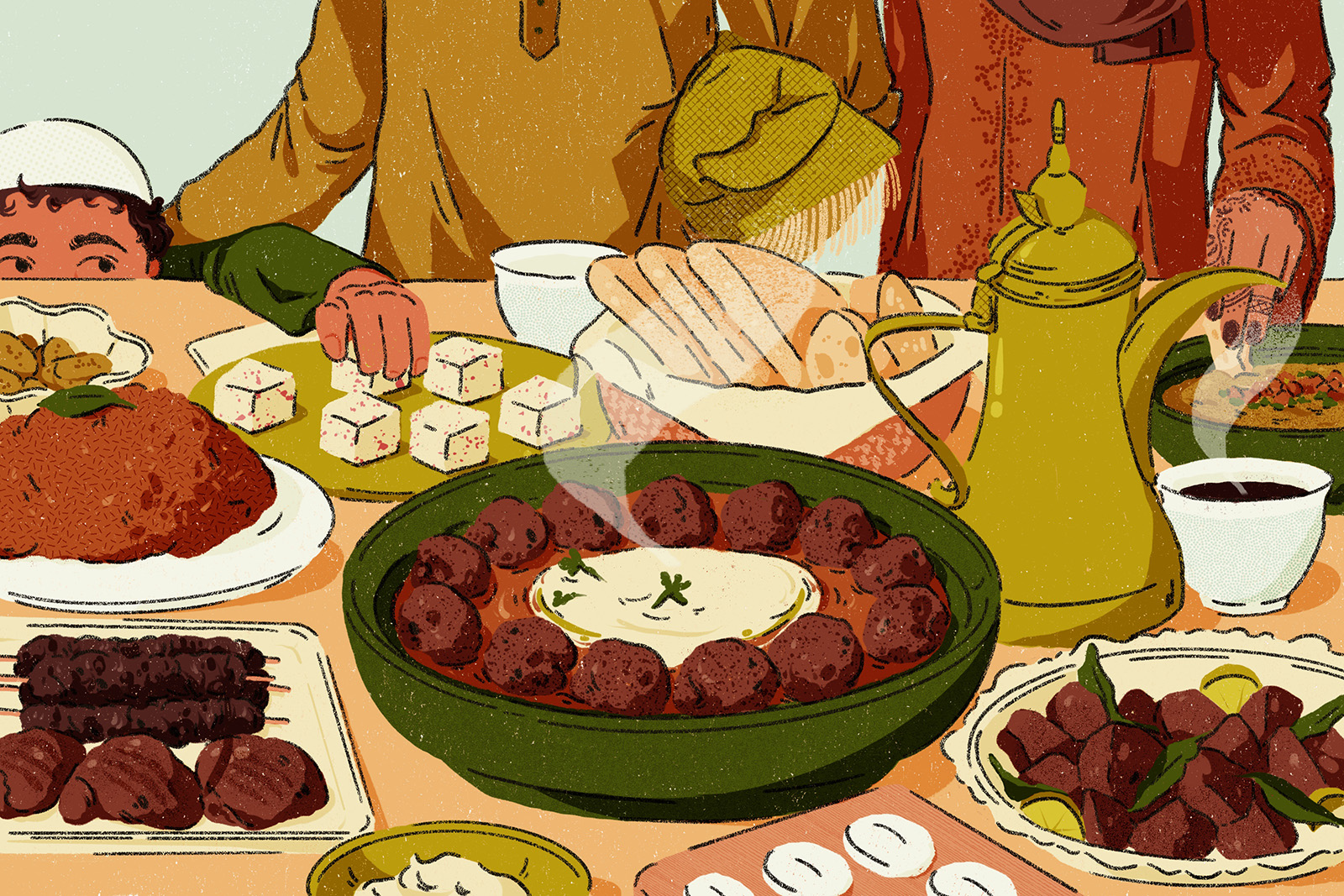
Across the UK, Muslims from many different backgrounds will be celebrating in their own special ways
For Muslims around the world, Eid al-Adha is a celebratory day of faith and family. While the day tends to include morning prayers, new clothes and plenty of food, for many in the diaspora, it’s also shaped by distance from loved ones, evolving traditions and the need to create community where they are.
Across the UK, Muslims from different cultural backgrounds are blending their heritage with new customs — attending cultural fairs, feasting on Pakistani desserts and sharing sallah meat.
Here, four British Muslims reflect on what Eid looks like for them, the traditions they’ve held onto, the ones they have made themselves and those they hope to pass on to their children.
Sahdya Darr — British Pakistani living in Solihull
For Sahdya Darr, Eid begins with the sound of her parents waking the household and wishing everyone “Eid mubarak”.
“There’s no getting up late in our house,” she says. “It all starts with the earliest Eid prayer at the mosque at 8.30am. My dad has always gone and now I go with him.”
After prayer, the family returns home to eat seviyan — a traditional Pakistani dessert made from vermicelli noodles in warm milk, topped with pistachios and sugar, made by her father. Then the phone calls begin, reaching out to relatives in Pakistan, Oman and the US.
Another important tradition is visiting the grave of her grandfather, who died in 2001.
When it comes to food, the family’s traditions have changed with time. “We used to have a big lunch at my grandmother’s house,” she says. “But now we go out to restaurants instead, moving away from having Pakistani food at home to trying different cuisines. This Eid al-Fitr, we went to a new Italian place. But dessert always involves something Pakistani — usually mithai.”
As she has grown older, Darr has embraced more spiritual parts of Eid. Attending prayers was not always part of her routine, but that changed a few years ago when she was living in London. “Going to the mosque on Eid day reminds me I’m part of something bigger and around the world, Muslims are beginning this day in the same way in gratitude,” she says.
Samia Bashir, British Sudanese living in London
Although Samia Bashir has lived in London for 26 years, she still misses the atmosphere of Eid al-Adha in Sudan. This Eid, she’s spending the holiday in Riyadh, Saudi Arabia, with extended family.
Eid begins with prayer at the mosque for her too, followed by traditional Sudanese food — shaiyah, marara, kamounia, fattah, roast lamb and sweet treats including kunafa and mint tea.
Community spaces play a vital role in the celebrations. “Community centres and mosques organise cultural performances, food stalls and activities for children,” says Bashir. “They help recreate the festive atmosphere of the Sudanese Eid.”
Technology has also become a lifeline. “Social media and video calls allow us to connect with family back home. We share greetings and join in with family gatherings virtually.”
Still, some things can’t be replicated. “What many of us miss most is that deep sense of community and family closeness — the big gatherings, the communal prayers, the atmosphere in the neighbourhood, the act of sharing meat after the sacrifice,” she adds.
For Bashir and many others, Eid is also a bittersweet time. “We cry a lot during Eid,” she says. “We remember the loved ones we miss and those who have passed.”
Afeefah Rahim, British Pakistani living in Doncaster
This year marks a milestone for Afeefah Rahim and her husband — their first time hosting Eid in their own home. After years of spending the day at relatives’ houses or between cities, they’re finally creating a space for others. “The door’s open to family and friends,” she says. “It’s the first time we’re settled and it feels special.”
Rahim grew up in Bradford, where Eid centred around family gatherings. “We’d always go to the elder’s house — your parents or grandparents, but I found it quite boring. You don’t really get to experience Eid outside of your own relatives’ living rooms.”
That changed during the year she spent visiting her husband when he was living Medina, Saudi Arabia.
“Eid there is on another level,” she says. “Everyone’s awake from midnight, heading to Masjid al-Nabawi hours before fajr to get a spot for the Eid prayer. You hear the takbeers, people hand out sweets, do henna and give gifts. The atmosphere is electric.”
After prayer, Rahim and her husband headed to the Prophet Muhammad’s grave nearby to send their prayers and blessings, before heading to her mother-in-law’s house for a traditional Arab breakfast — scrambled eggs, ful, gahwa (Arabic coffee), hummus, bread and halwa. Then, in true Eid day fashion, everyone went home for a nap.
In Saudi Arabia, the real celebration happens at night. Evenings involved more family getting together for a party, followed by visits to relatives’ homes.
“Even if it’s just for 10 minutes, every house would have a dessert table and coffee ready. The visits could carry on for days,” she says.
Now back in Doncaster, Rabin is trying to bring that spirit with her. “In Bradford, Eid often felt like a one-day affair. But in Medina, you’d feel that excitement for days,” she says. “Now, my husband and I want to celebrate with friends too, not just family.”
Muminah Koleoso, British Nigerian living in Dumfries
For Muminah Koleoso, Eid has always been shaped by where she lived. “We’ve moved around a lot,” she says. “The size and presence of the Muslim community wherever we were really affected how we celebrated.”
One thing that’s never changed is the importance of clothing. “Every year, we wear new outfits tailored in Nigeria made from ankara (an African waxed fabric) or lace, either brought over by family or from our last trip there.”
In places with a larger Muslim community, such as Luton, Koleoso’s celebrations extended after Eid prayers into the afternoon and could involve attending community events like the annual 1Eid. “There’d be stalls, rides, food. I’d hang out with friends and enjoy the day,” she says.
Since living in Scotland, Eid has become more of a home-based affair. “We eat, relax, and either visit family and friends or host them,” she says. “It’s more low-key now, but still meaningful.”
Food is also central to Koleoso’s family’s celebrations. Their table features Nigerian delicacies including jollof rice, fried rice, sallah meat — usually ram, as is traditional in Nigeria — chicken, fried plantain, puff puff, salad, and cake and ice cream for dessert.
No matter where they’ve lived, the family has always distributed sallah meat to the wider community. In Nigeria, the custom of preparing and sharing meat slaughtered on Eid day with loved ones and neighbours is a tradition enjoyed by people of all faiths.
“It isn’t just for Nigerian Muslims,” she says. “We give to neighbours and friends from different backgrounds. People would look forward to Eid because they knew there’d be food coming from our house.”
 Newsletter
Newsletter

